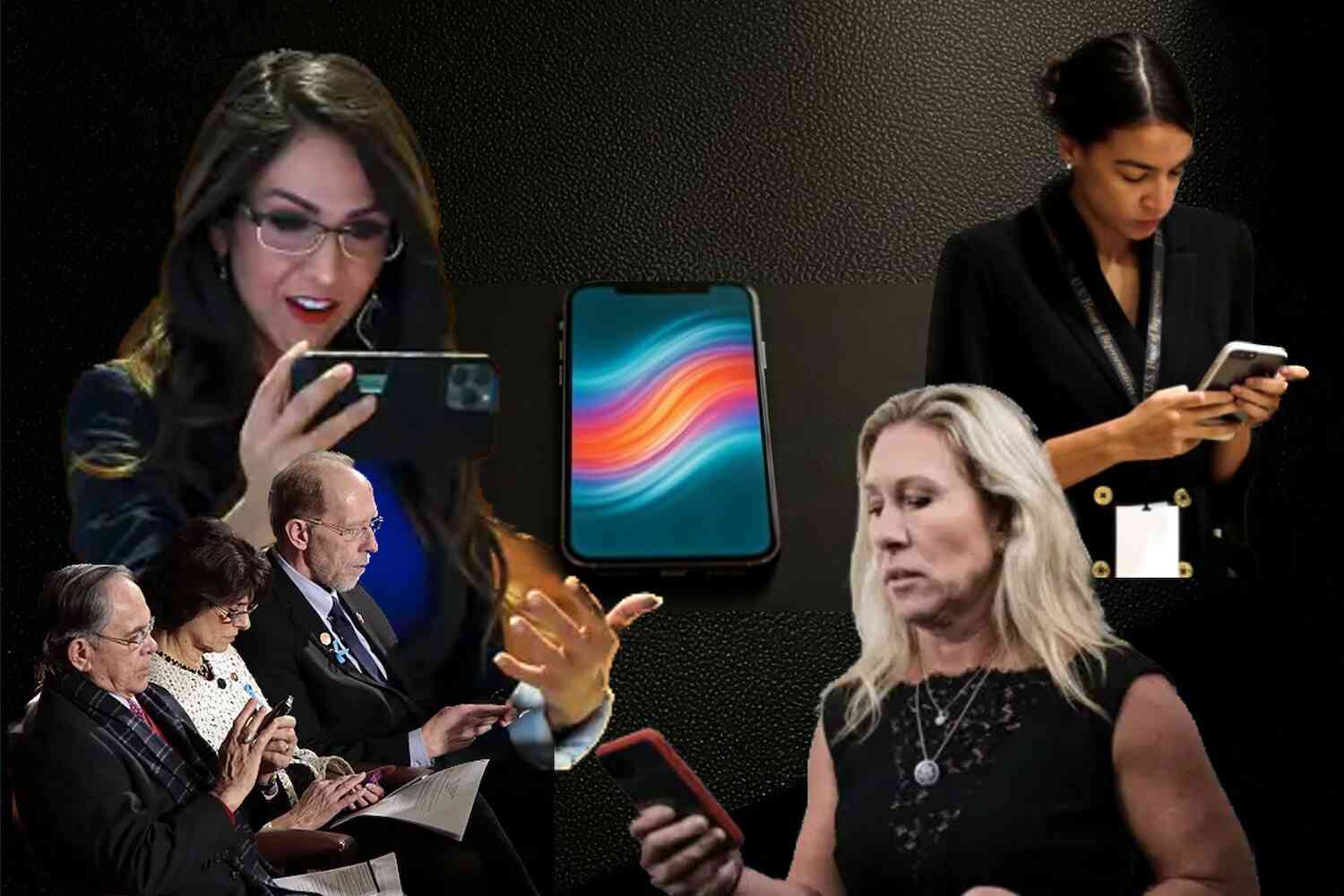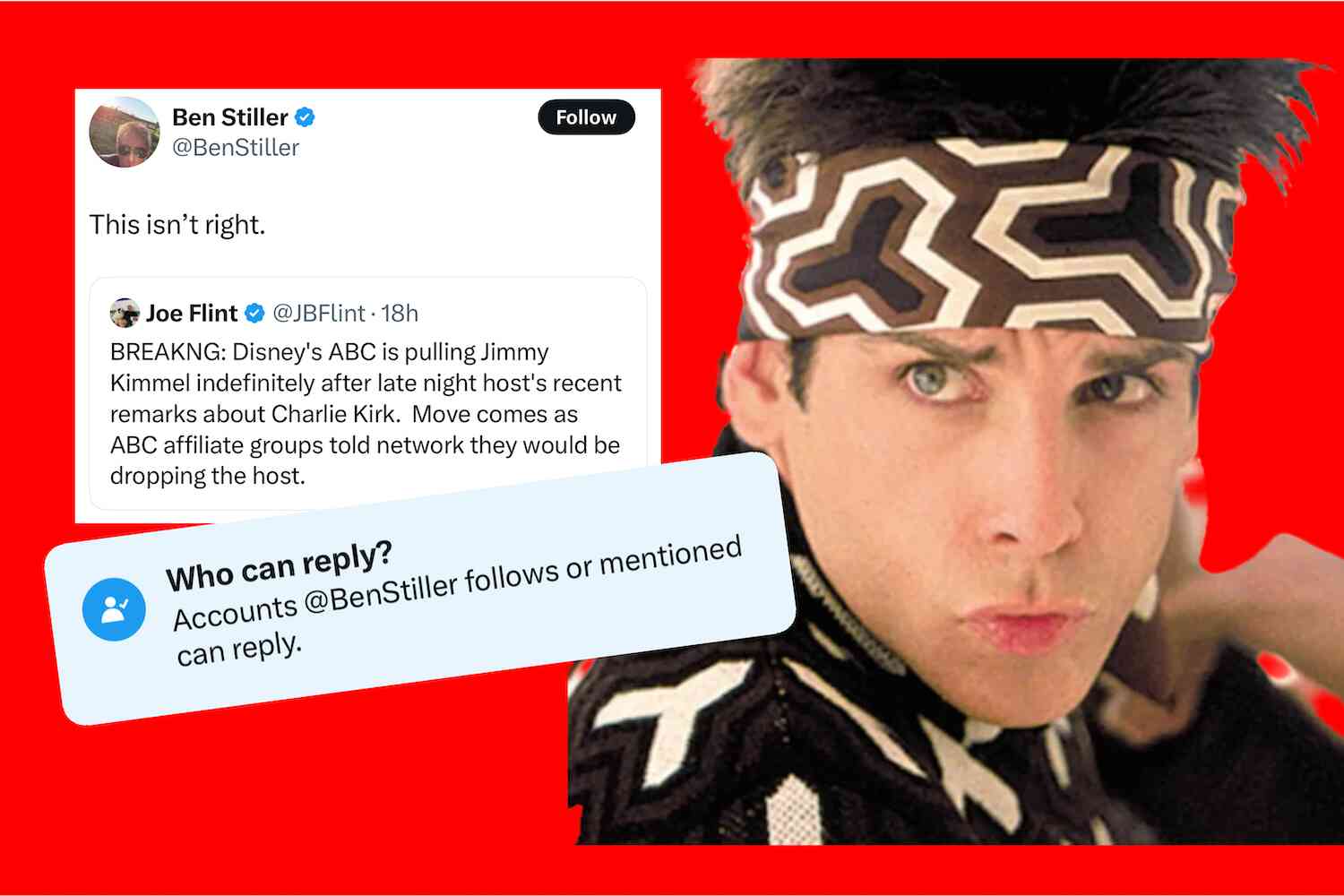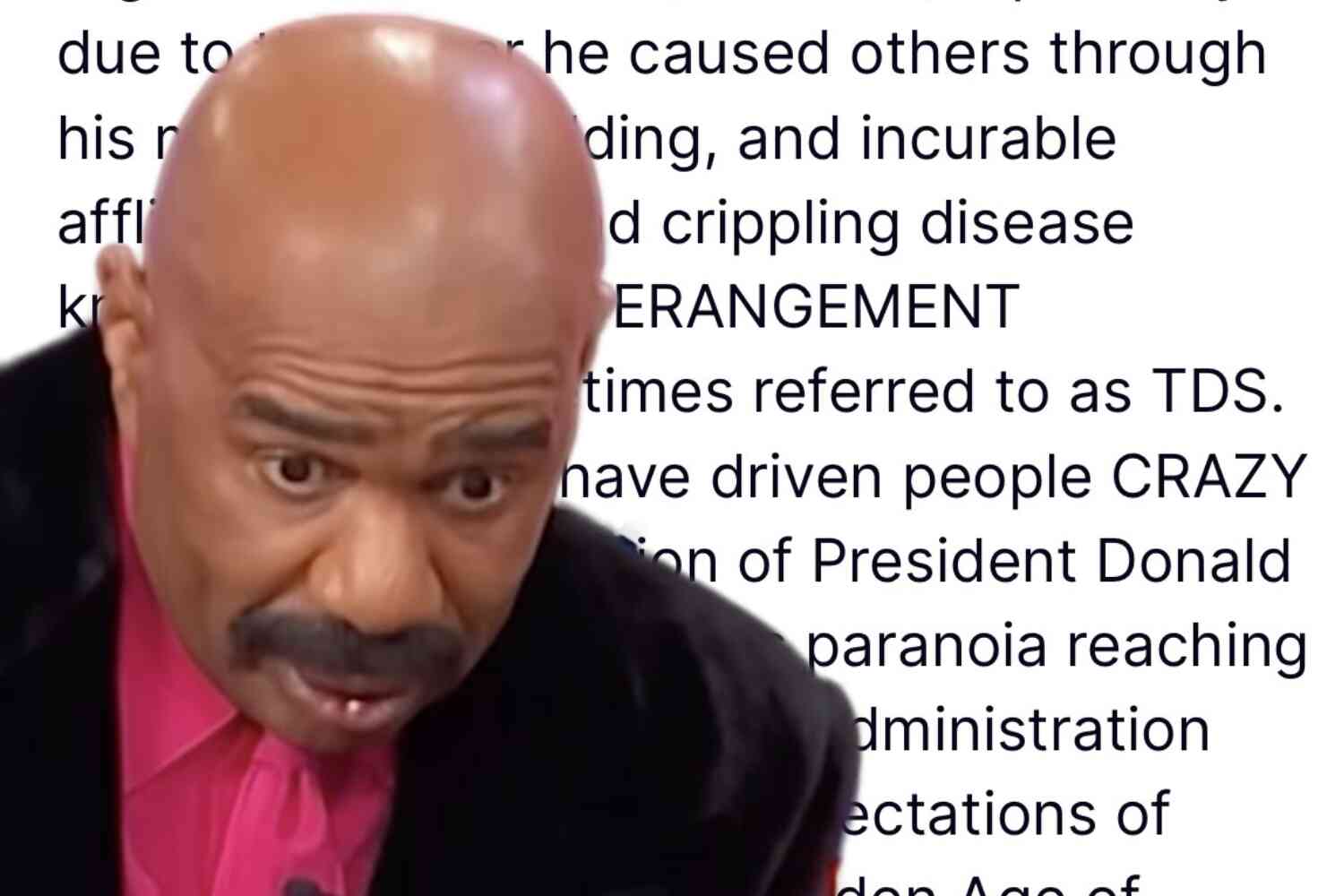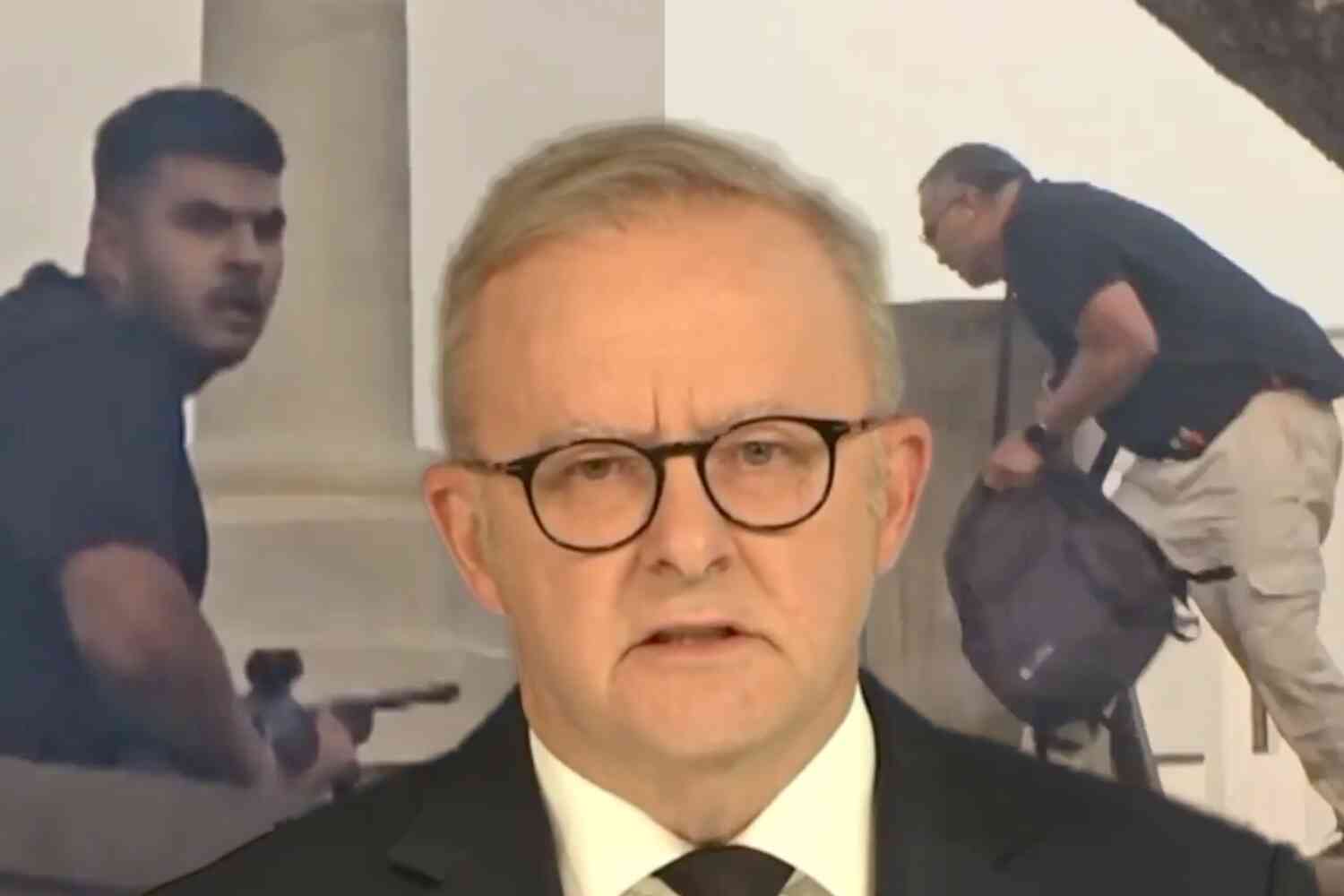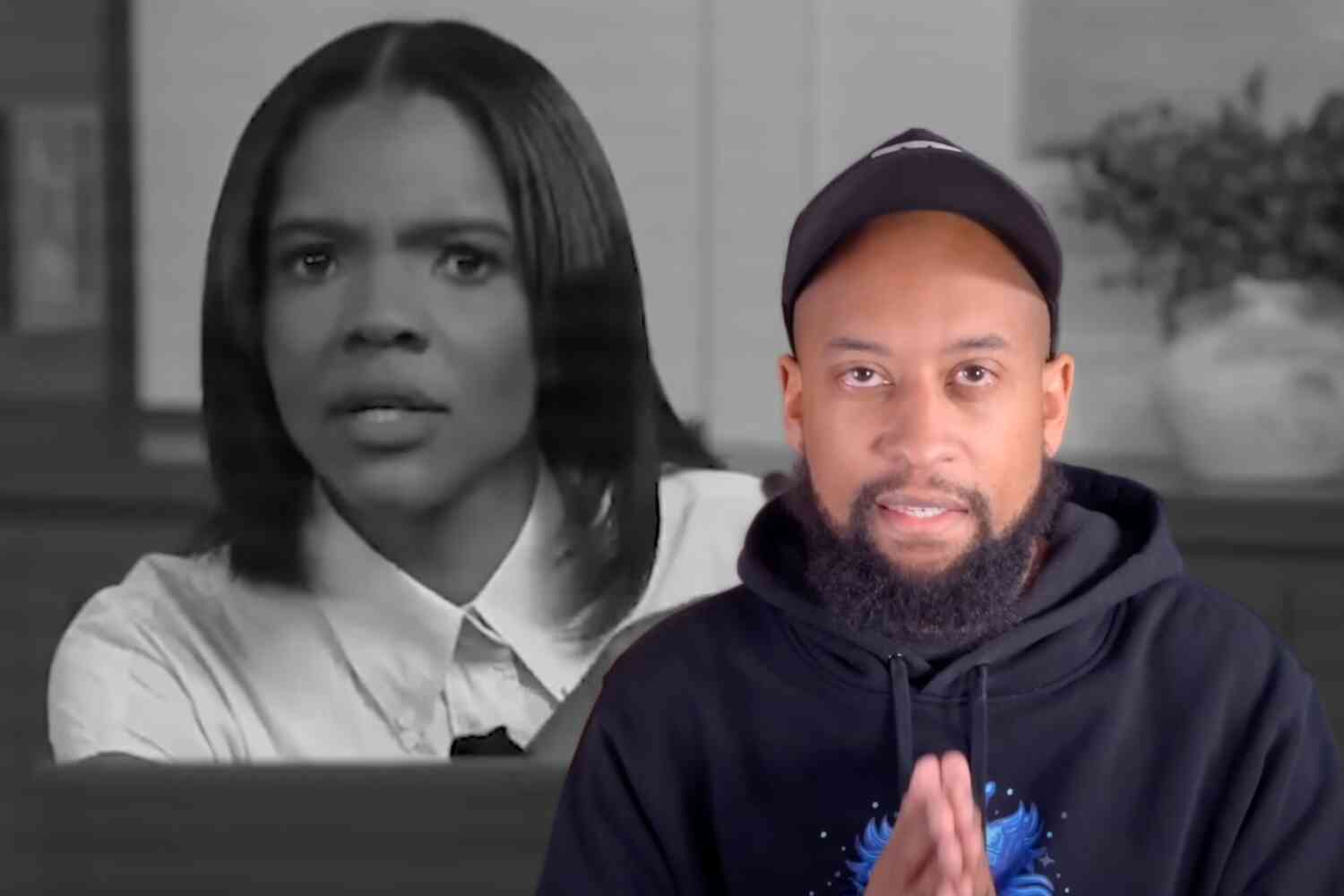Hawaii's Democrat Senator Brian Schatz's advice to Americans after the assassination of Charlie Kirk was straightforward: "Pull yourself together, read a book, get some exercise."
The sentiment was bipartisan. Utah Governor Spencer Cox went further, warning that "cancer probably isn't a strong enough word" for what social media is and does to us. Senator Mark Kelly also lamented its corrosive effects.
Let me first acknowledge they're not wrong. But I would contend that the people most in need of that advice are not ordinary citizens scrolling their feeds during lunch breaks, but the very politicians who cannot seem to govern apart from them.
The truth is that the outsized role social media plays in our national life has not been thrust upon politicians by an unruly mob of online partisans. Rather, it is the political class itself that has adopted, exploited, and amplified this distortion, governing not with the sober-minded seriousness that the office requires, but with the theatricality demanded by the algorithm. If social media is the cancer, it is not simply afflicting our leaders — they have become its primary spreaders.
Consider how much of our political discourse is now defined by viral clips rather than substantive arguments. Congressional hearings, which once were meant to establish facts, explore competing ideas, or hold institutions accountable, now function as stages for pre-scripted soundbites engineered for maximum shareability.
Katie Porter's whiteboard is less an investigative tool than a YouTube prop.
Cory Booker's infamous "I am Spartacus" declaration was not a statesmanlike act of courage, but a carefully calculated attempt at meme-making.
Matt Gaetz devoted more energy to online feuds with colleagues than to crafting legislation.
Elizabeth Warren distills complex policy into GIFs designed for retweets.
Ted Cruz pens theatrical "woke beer" threads.
Rosa DeLauro creates absurd TikTok videos using Gen-Z slang in a futile effort to be hip.
Alexandria Ocasio-Cortez curates Instagram lives that feel more like campaign infomercials than windows into governing.
The cumulative effect of all this has been, and continues to be, devastating. What was once at least a pretense of legislating for the good of the nation has collapsed into a race for attention, with politicians mistaking engagement metrics for legislative effectiveness. The boundary between campaigning and governing has dissolved entirely, leaving us with elected officials who appear more concerned with trending on Twitter than with shaping enduring law.
This is why so many Americans mistakenly think Twitter/X is politics. It's because politicians treat it that way. Every hot take, every dunk, every "gotcha" line is designed not for debate on the Senate floor but for consumption online. And then these same politicians step back, wag their fingers at voters, and solemnly declare that social media is poisoning democracy. Spare me.
Yes, social media has warped our culture. Yes, it has contributed to polarization and even violence. But citizens aren't the only ones guilty of overindulging in the dopamine drip.
The people who have the most power to shape the direction of this country are themselves addicts, posting for clout while pretending to govern.
If politicians were serious about curbing the destructive influence of social media, they might begin not by wagging their fingers at voters, but by disciplining themselves to stop governing through hashtags, stop performing for the cameras, and stop measuring success in clicks rather than compromises. Imagine, just for a moment, what our political culture might look like if senators conducted hearings with the genuine intent to uncover truth rather than generate viral moments; if debates were oriented toward persuasion rather than "owning" opponents; if legislation were written with an eye toward the common good rather than toward boosting one's online following.
That would require politicians to recover an older wisdom — that governing is not, and never was meant to be, performance art. The more they treat it as such, the more they inflate the very distortion they now decry, granting social media an outsized influence over American life that it never would have attained on its own.
So by all means, take Sen. Schatz's advice. Read a book. Get some exercise.
But start with those who need it most: The men and women in office who seem to have forgotten that their job is not to entertain the internet, but to serve the republic.
P.S. Now check out our latest video 👇
Disclaimer: The opinions expressed in this article are those of the author and do not necessarily reflect the opinions of Not the Bee or any of its affiliates.
